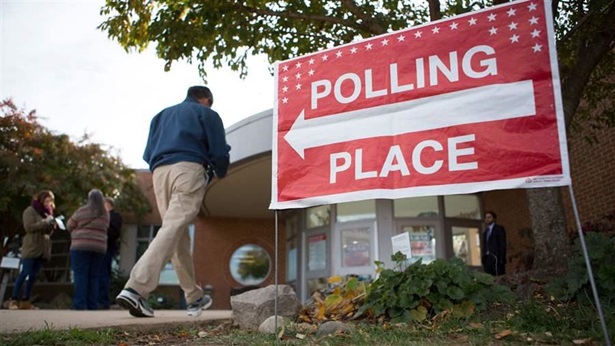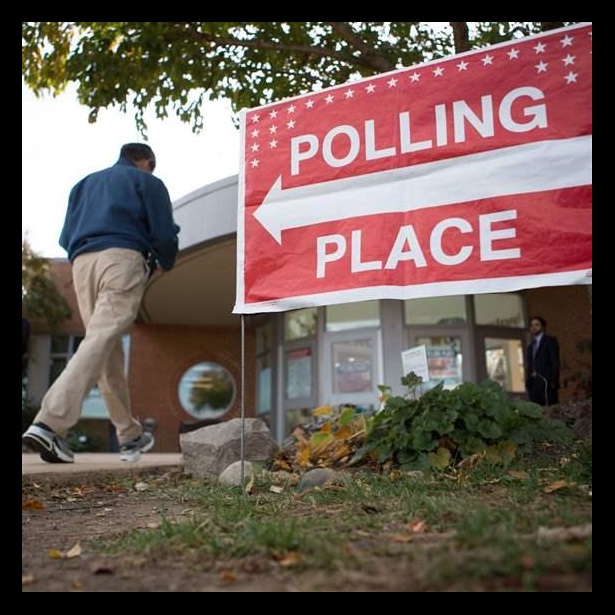Connecticut Upgrades Election Night Reporting to Provide Live Results
Connecticut Secretary of State Denise W. Merrill’s office recently completed development of a real-time election reporting system, which allows local officials to enter the returns for their jurisdictions online and makes those unofficial election results immediately available for public view. The system, developed by PCC Technology Group, a technology company based in Windsor, Connecticut, will be used by every city and town in the state during the November general election.
Previously, local officials faxed or emailed election results to the secretary of state’s office, and only later were they made available online, so the public had to rely on state and national media organizations for election night returns. The new system, which was tested during the April 26 presidential primary, makes the process of reporting results more efficient for election officials and allows the public to see the results faster.
The Connecticut secretary of state’s office also works with the Voting Information Project (VIP) to deliver official election data to the public before and on Election Day. VIP, a project of The Pew Charitable Trusts, is a partnership with the states and Google to ensure that U.S. voters have the information they need, such as where to vote and what’s on their ballots. The project uses the Google Civic Information API to power various tools and applications, including the Voting Information Tool, Get to the Polls, short messaging service (SMS) tool,* and white-label iPhone and Android applications, as well as candidate, campaign, and media websites.
During Connecticut’s presidential primary, thousands of voters in the state accessed their information through Get to the Polls. In addition, Connecticut’s official state website, the Hartford Courant, several of the presidential candidates’ campaigns, and a number of third-party groups used VIP data to reach voters.
* By sending a text message to Pew, you consent to receive voting information via texts from an automated system. This is a free service, but standard text message rates may apply. You may revoke consent by contacting Pew, including by texting STOP.
Amy Cohen is an officer and Bobby Hoffman is a senior associate for election initiatives at The Pew Charitable Trusts.
Follow us on Twitter using #electiondata and get the latest data dispatches, research, and news by subscribing today.













